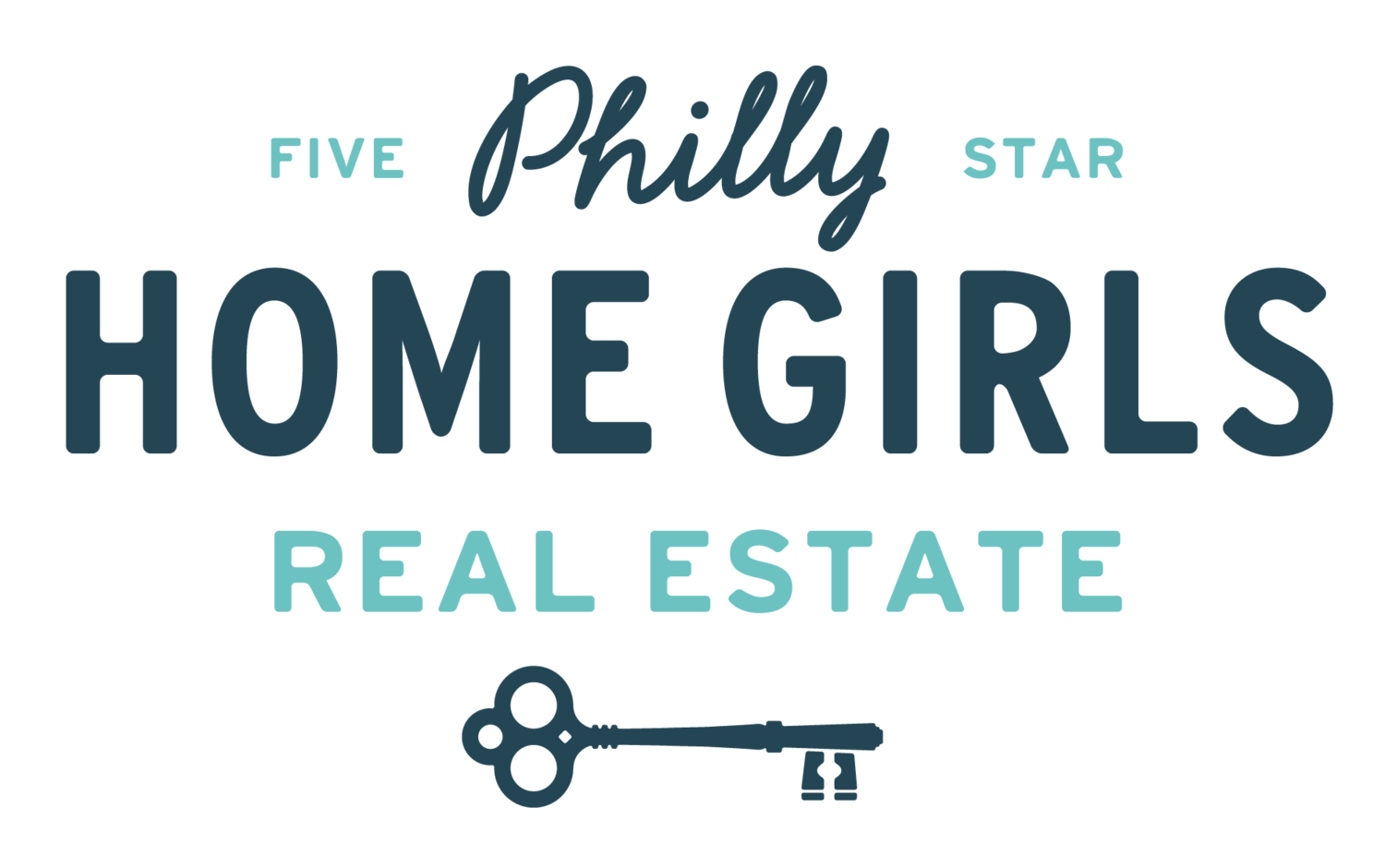photo credit: WHYY.org (Emily Lee)
If the last storm that passed through New Jersey and Philadelphia metropolitan area recently had you tossing and turning at night, wondering what exactly your homeowner’s insurance policy covers, this blog is for you! We sat down with Henry Ricci (Hank), Agency Owner, Allstate Insurance, to get his take on what we should be looking at concerning insurance policies for wind, water and rain.
photo credit: Philadelphia Inquirer | Monica Herndon
Blowing in the Wind
Wind and hail are always covered in a good home insurance policy. Whether it is a pop-up storm, a tornado, a named hurricane, like Ida that just passed through in September 2021, or if the damage is caused by a gust from a jet engine flying over your home. Hank notes however the potential difference in your deductible is important to understand. “When you originated your policy, tornados weren’t on the Philly area radar, you may have decided to save a few bucks with a higher wind deductible of $5,000. After witnessing the damage that just happened to your neighbor’s roof during the last storm you might want to consider adjusting to a lower deductible of $1,000 which results in a slightly higher monthly insurance payment”.
Have You Ever Seen the Rain?
There are two ways to look at coverage including water issues. First, let’s look at water damage caused by a pipe bursting in your house, heavy rains causing water back up in your home, or sewage issues. For coverage around sewage and water backup within your home, speak to your agent about adding a rider to your homeowner policy. They range in coverage, $10-$25k for damage and repairs. In Philadelphia, homeowners are also responsible for the maintenance and repairs of sewage lines from their homes to the city main. American Water Resources offers citywide sewer and water line coverage. Read more about this separate sewage and homeowners coverage in our Home Owners Insurance blog.
Photo Credit: Philadelphia Inquirer | Diane Mastrull
Cry me a River
Flooding gets more complicated. In Pennsylvania for coverage regarding a full-blown rising water event, you will need a stand-alone Flood Insurance policy. This is not folded into your homeowner’s policy. If you live in a “standard flood zone “ in order to secure a mortgage you must purchase a flood insurance policy whereas if you are in the “preferred flood zone” it is optional
Preferred Flood Zone
Purchasing a flood insurance policy for homes in this type of zone is entirely optional. You can’t customize your coverage but instead, select from set rates determined by the government. This means the rates are the same from agency to agency. At the time of publication, the new rates for flood coverage haven’t been determined yet, they will be announced in Oct 2021. We will update once we have the numbers but as a comparison, this past year, the coverage that provided $250k for damage and repairs and $100k for personal property (aka, your things), ran you $633 a year. Hank advises thinking about a flood policy “If you saw someone affected by Ida, purchasing a flood policy may help you sleep better knowing you are covered if disaster strikes again. Is it necessary? No, but if you are even considering it, it is worth a discussion with your provider”.
Standard Flood Zone
It is deemed necessary to purchase a flood insurance policy if you are in a standard flood zone. It may be worth looking into securing an Elevation Certificate depending on the structure and placement of your dwelling. An elevation certificate can provide proof to the insurer that your home, although technically in a standard flood zone, your home may provide an exception (which provides additional discounts). For example, your neighbors home is at a lower elevation than yours, nestled up to the water, and although a flood hasn’t happened there in the past 20 years, it is declared the standard flood zone. Your home, right next door, is built on a steep hill- the type Manayunk is famous for. With an elevation certificate, your flood insurance rate may vary quite a bit from your next-door neighbors. It proves that the likelihood of a flood happening up on your property is unlikely, and can lock you into a significantly reduced rate.
Photo Credit: Philadelphia Inquirer | Alejandro A. Alvarez
Shake Rattle and Roll
Many of us never thought about adding a stand-alone flood policy to our current roster of insurance, until recent events hit close to home. What else aren’t we thinking about? We asked Hank about... earthquakes. A crazy scenario, something we certainly don’t expect in Philadelphia, but what if? He got back to us after our initial conversation, that is how unusual it would be for someone to request a stand-alone earthquake policy in our region. Rough estimates would include coverage of $200k and would run about $800 a year. Again, is it necessary? No, but hey, if it makes you feel better that your home is buttoned up and protected if disaster strikes, that’s what counts.
Insurance can be a gamble and it can be hard to see what’s the most important to ensure you are protected. Give Hank a call, he will talk you through all the different options, answer any questions without any pressure. Tell him the Philly Home Girls sent you!


















Saving money for a downpayment and closing costs is the # 1 reason people are holding off on purchasing a home. PHG agent Rachel Shaw came up with a trusty list of some of her favorite homebuyer assistance grants and loan programs. With a little help, your dream of owning a home may not be as far off as you thought!